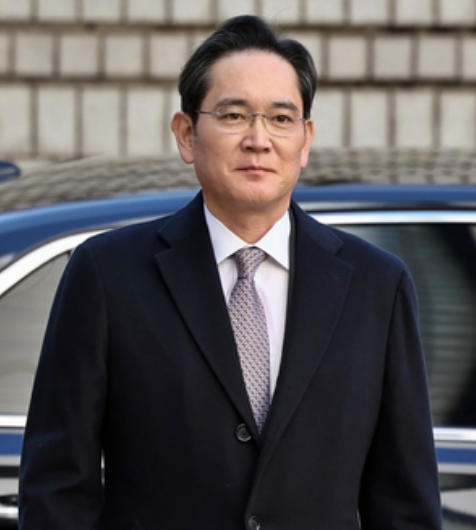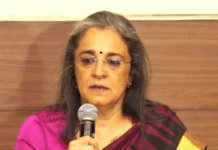Seoul– The prosecution has requested for a panel of outside experts to decide whether it should appeal the recent acquittal of Samsung Electronics Chairman Lee Jae-yong in relation to a 2015 merger case, judiciary sources said on Thursday.
The Seoul High Court has upheld the acquittal of Lee in accounting fraud and other irregularities related to the controversial merger of two Samsung affiliates — Cheil Industries and Samsung C&T, reports Yonhap news agency.
The appellate court confirmed the not-guilty verdict for Lee, who was indicted on charges of involvement in stock price manipulation, accounting fraud and other irregularities during the merger, which prosecutors suspect was aimed at taking control of South Korea’s biggest conglomerate at a lower cost.
An investigative team at the Seoul Central District Prosecutors Office has requested for a review by an independent investigation review committee over whether to take the case to the Supreme Court, according to the sources.
The panel — attended by five or more experts — will hold a closed-door meeting on Friday to discuss the agenda.
Upon receiving the panel’s decision, the prosecution is expected to decide whether to appeal by Monday.
The prosecution is mandated to request such deliberation if allegations charged against a defendant are all ruled not guilty in lower courts. It is advised to respect the panel’s decision but not obliged to comply with it.
On Monday, the Seoul High Court confirmed the not-guilty verdict for Lee, who was indicted on charges of involvement in stock price manipulation, accounting fraud and other irregularities during the merger of Cheil Industries and Samsung C&T, which prosecutors suspect was aimed at taking control of South Korea’s biggest conglomerate at a lower cost.
The merger was seen as crucial to Lee’s succession as heir of the family-controlled group, as his father, Lee Kun-hee, had suffered a heart attack the previous year. A lower court acquitted the younger Lee of all 19 charges last February, saying it found no illegalities in the succession process. (IANS)







